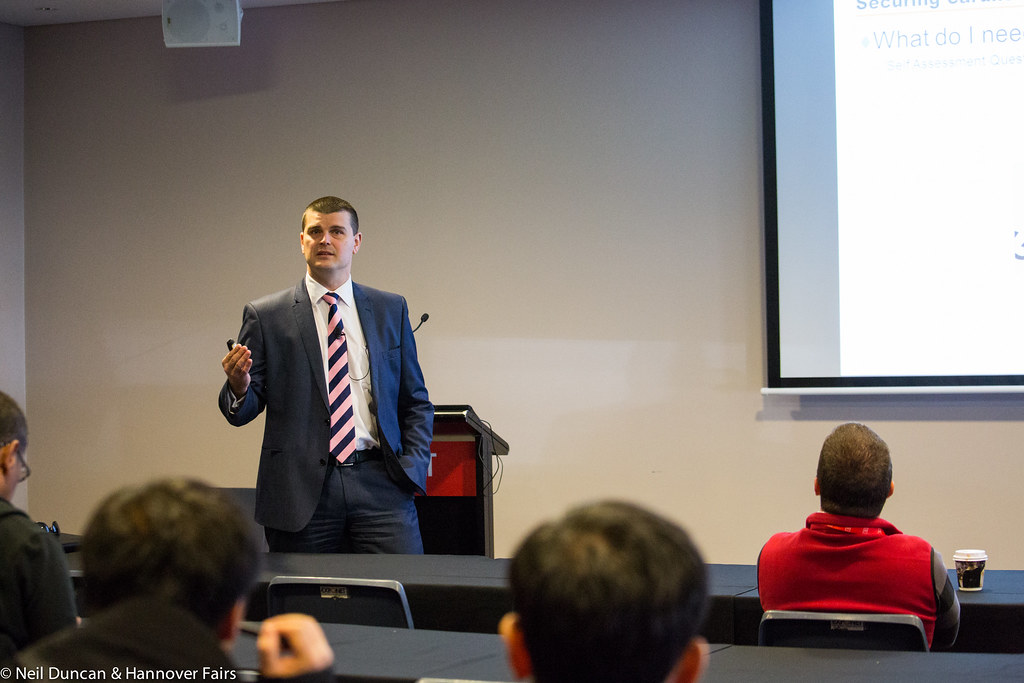Wake Up at a Consistent Time

Waking up at the same time every day might sound boring, but it has a massive impact on your body and mind. Research from Harvard Medical School shows that a consistent wake-up time helps regulate your circadian rhythm, making it easier to fall asleep and wake up feeling refreshed. People who stick to a schedule have more energy and report better moods throughout the day. It’s like setting your body’s clock—once your system knows what to expect, everything else falls into place. Even on weekends, try not to sleep in for more than an hour past your usual time. This small act can make your mornings smoother and leave you feeling less groggy. Over time, you’ll likely notice improved focus and more stable energy.
Hydrate First Thing

Drinking a glass of water right after waking up can be a real game-changer. After six to eight hours without water, your body is slightly dehydrated, which can make you feel sluggish. According to the CDC, even mild dehydration can reduce alertness and concentration. A simple glass of water helps kickstart your metabolism, supports your organs, and even aids in flushing out toxins. Some people add a slice of lemon for a boost of vitamin C and flavor, but even plain water does the trick. It’s a habit that takes less than a minute but has lasting effects on how you feel throughout the day. Try placing a glass on your nightstand to make it effortless.
Make Your Bed

It seems trivial, but making your bed sets the tone for order and accomplishment. A 2019 survey by the National Sleep Foundation found that people who make their beds in the morning are 19% more likely to report sleeping well most nights. It’s a quick win that signals to your brain that you’re ready to take on other tasks. There’s also something comforting about coming home to a neat, tidy space after a long day. This habit builds a sense of discipline and encourages you to keep the rest of your environment organized. Over time, these small acts of tidiness can snowball into bigger changes in your life.
Move Your Body

Morning exercise doesn’t have to mean a full workout—just a few stretches or a short walk can do wonders. According to a 2024 study published in the Journal of Physiology, people who move their bodies in the morning have better cognitive performance and improved mood throughout the day. Stretching helps wake up your muscles and gets your blood flowing, while even a brief walk outside can boost your vitamin D levels. If you’re not a morning person, just five minutes of movement can help you shake off sleepiness. As a bonus, regular morning movement has been linked to lower rates of anxiety and depression.
Practice Mindful Breathing or Meditation

Taking a few minutes for mindful breathing or meditation might sound too simple to make a difference, but science says otherwise. A 2023 analysis in Frontiers in Psychology found that people who meditate in the morning report less stress and higher productivity at work. You don’t need to sit cross-legged or chant—just close your eyes, breathe deeply, and focus on your breath for a minute or two. This habit helps calm your nervous system and sets a peaceful foundation for the rest of your day. Even people who claim they’re “too busy” often find that just two or three minutes of mindfulness changes their whole outlook.
Write Down Your Top Three Priorities

It’s easy to get lost in endless to-do lists, but jotting down just your top three priorities gives you clarity. A 2022 survey by the American Psychological Association found that people who set clear daily goals are 33% more productive and experience less overwhelm. This small act helps you focus on what really matters rather than getting bogged down in busywork. Keep a notepad on your kitchen counter or use your phone’s notes app—just make sure you keep it simple. When you know what to tackle first, your day feels more manageable and your sense of accomplishment grows.
Eat a Nutritious Breakfast

Skipping breakfast is tempting, but the science is clear: a healthy morning meal fuels your brain and body. Data from the CDC shows that people who eat breakfast regularly have better memory, concentration, and lower risk of heart disease. Choose something with protein and fiber—think eggs, yogurt, or oatmeal. These foods keep you full longer and help maintain steady blood sugar levels. Highly processed breakfasts or just coffee can make you crash by mid-morning. A balanced breakfast doesn’t have to be elaborate, but it should leave you feeling satisfied and ready to focus.
Expose Yourself to Natural Light

Getting sunlight in the morning isn’t just pleasant—it’s crucial for your health. According to research from the University of Colorado in 2024, exposure to natural light within an hour of waking helps synchronize your body clock, improves alertness, and even boosts your mood. Open your blinds, step outside, or have breakfast near a window. Natural light signals your brain to stop producing melatonin, the sleep hormone, so you feel more awake. Even on cloudy days, getting outside can help you feel more energized and ready to take on the day.
Limit Phone Use Early On

Grabbing your phone first thing in the morning can feel automatic, but it’s not doing you any favors. A 2023 report from Common Sense Media found that people who check their phones immediately after waking are more likely to report feeling anxious and distracted throughout the day. Scrolling through emails or social media bombards your brain with information before you’ve had a chance to wake up. Try waiting at least 20 minutes before picking up your phone. This tiny act of restraint helps you start your day on your own terms instead of reacting to the world.
Practice Gratitude

Taking a moment to reflect on what you’re grateful for is a powerful way to start your day. A 2024 study by the University of California found that people who write down three things they’re thankful for in the morning experience higher levels of happiness and lower stress. This habit shifts your mindset toward the positive, even on tough days. It could be as simple as appreciating your morning coffee or the fact that you slept well. Gratitude rewires your brain over time, making it easier to notice the good things throughout your day.
Prepare Something the Night Before

This habit technically starts the evening before, but it has a big impact on your mornings. Setting out your clothes, prepping breakfast, or packing your bag the night before makes your morning smoother. According to the Sleep Foundation, people who plan ahead experience less morning stress and fewer forgotten tasks. It’s a small investment of time that pays off in a calmer, more productive start to your day. Doing just one thing to “future-proof” your morning can help you avoid rushing and start with confidence.



